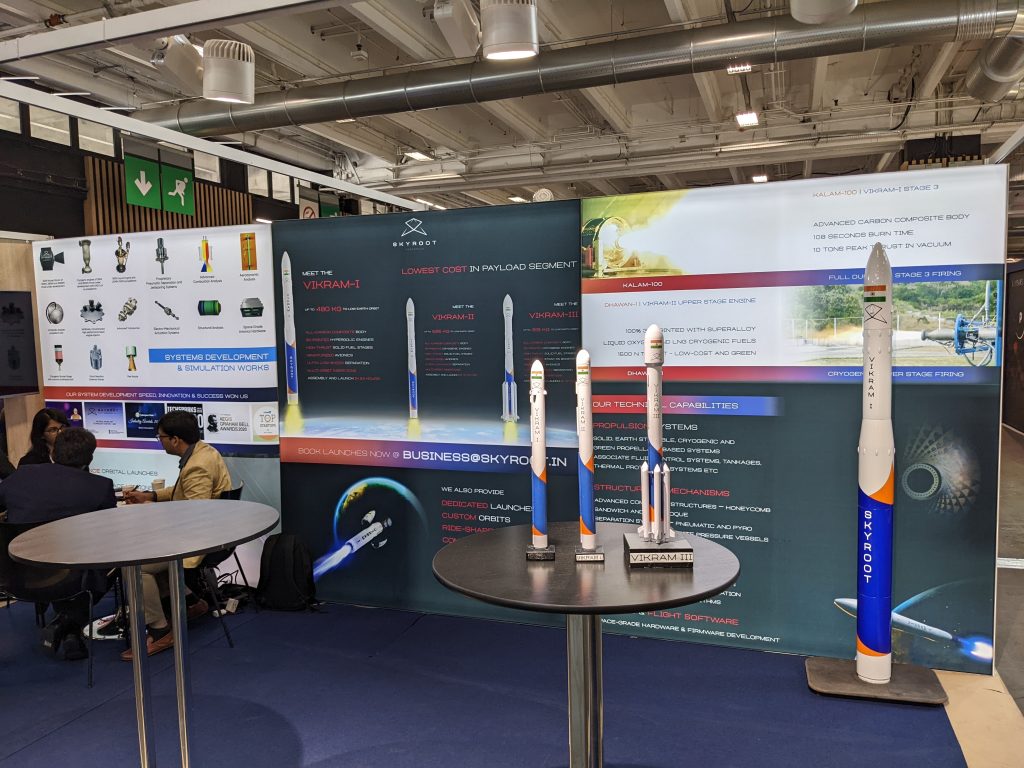Context:
Skyroot Aerospace has successfully test-fired the Stage-2 of Vikram-1 space launch vehicle.
More on the news
- Vikram-1 is a three-stage, solid-fuel based rocket.
- Testing of Vikram-1 launch vehicle’s stage-2 also called Kalam-250 is significant because this stage propels satellites from the dense atmosphere of Earth to the deep vacuum of outer space.
- The Kalam-250 is a high-strength carbon composite rocket motor, which uses solid fuel and a high-performance Ethylene-Propylene-Diene terpolymers (EPDM) thermal protection system (TPS).
- It validated the critical system for the launch- flex nozzle control system firing for the first time.
- Vikram Sarabhai Space Centre (VSSC) supplied its proprietary head-mounted safe arm (HMSA) for the test, used for the safe operation of the rocket stage.
Skyroot Aerospace
- It is an Indian private aerospace manufacturer and commercial launch service provider founded in 2018.
- Headquarters: Hyderabad, Telangana
- Its mission is to open Space for all, by pushing the boundaries of today’s technology.
Significance of the test
- It is a major landmark that pushes it closer to India’s first private orbital rocket launch in mid-2024.
- It marks the successful test of the largest propulsion system ever designed and manufactured by the Indian private sector (Skyroot Aerospace).
- Vikram-1 launch is a landmark event for the Indian space sector as it is the first private orbital rocket launch, after the suborbital space launch of India’s first private rocket the Vikram-S by Skyroot in November 2022.
- Vikram-1 is a multi-stage launch vehicle with a capacity to place around 300 kg payloads in Low Earth Orbit. It is an all-carbon-fibre-bodied rocket that can place multiple satellites into orbit and features 3D-printed liquid engines.

